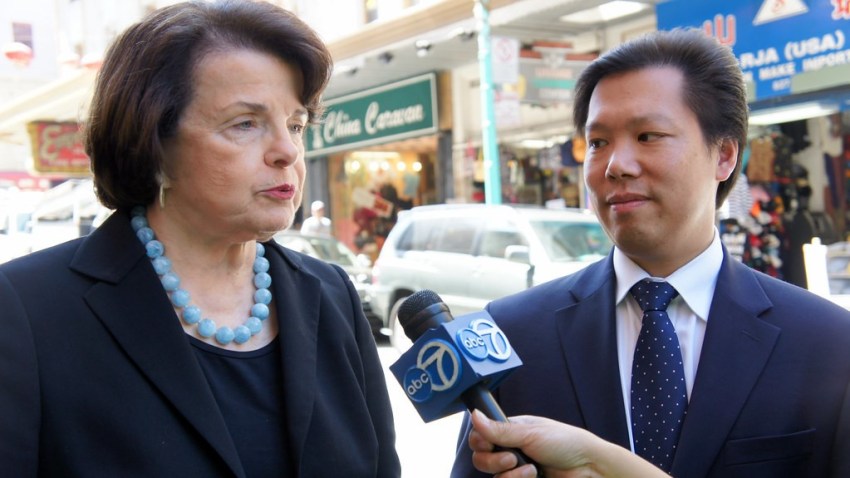- The CIA used interrogation methods that weren’t approved by the Justice Department or CIA headquarters.
- The agency impeded effective White House oversight and decision-making regarding the program.
- The CIA actively evaded or impeded congressional oversight of the program.
- The agency hindered oversight of the program by its own Inspector General’s Office.
The Senate has now opened investigations of McClatchy for this leak, even as McClatchy continues to investigate the Senate findings.
Assuming the McClatchy story is correct—and the CIA criticized the leak but did not dispute the contents—we have a worrying reason to doubt the trustworthiness of the CIA, as it seems to have deceived its executive branch political masters and Bush administration colleagues at least as much as its congressional overseers.
This, and not the investigations and counter-counter-investigations that have been front-page news, ought to be a major concern for Americans, and our allies, across partisan lines.
As a judge wrote last week in dismissing a lawsuit challenging the killing of American citizens by drone strikes, agencies that are entrusted with lethal force “must be trusted and expected to act in accordance with the U.S. Constitution.”
This trust is especially necessary now that the business of intelligence gathering and analysis has gotten increasingly technical and therefore distant from the layperson’s ability to comprehend it. The perception of trust is also vital for our security and for our economic well-being, something that information technology companies perceived to have been complicit with the NSA are now finding out, to their detriment, in global economic deals.
In other words, diminished trust in the strength of U.S. intelligence oversight is a security problem, an economic problem and a rule of law problem.
It has been telling to see opponents of oversight try to switch from that frame of reference back to a “weakness” frame. This is an old trick. In the aftermath of the controversy over the Senate report, Jose Rodriguez, who ran the CIA’s clandestine service during the years in question, referred to the post-9/11 push to get authorization for interrogation techniques that constituted torture as getting “everybody in government to put their big boy pants on.” Former CIA Director Michael Hayden said that Feinstein was too “emotional” to produce a fair report on CIA practices.
The dozens of senior military leaders, many of whom outranked Hayden, who have criticized torture in terms stronger than Feinstein’s would be surprised to hear themselves described as “emotional.” Which leads us straight to one of Hurlburt’s political maxims: If you are reduced to deriding something as insufficiently masculine, you’re losing the argument. (There’s also Hurlburt’s corollary: If you really think women are less cruel, or less ferocious, than men when faced with imminent threat, you’re an idiot.)
For a spy, this showed rather poor tradecraft on Hayden’s part. Feinstein first attracted national attention more than 40 years ago when she stepped to a podium in San Francisco’s City Hall to announce, calmly, that her colleague Harvey Milk had been gunned down just steps away. She is known not just for her steely demeanor but also for her determination that, as the first woman to oversee the intelligence community, she never be less than fully committed, fully prepared. She had been quite a defender of the intelligence community through its recent travails.
The stories over the allegations and counter-allegations surrounding the Senate report are bound to keep coming, with everyone investigating everyone else. They aren’t what matters. The question of whether the U.S. has confidence in the word of our intelligence agencies, and what needs to happen to regain that trust, is the one that really counts.
Heather Hurlburt is a senior fellow at Human Rights First in Washington. With experience in the White House, Congress, the State Department and overseas, she focuses on the space between diplomacy and domestic politics. Her WPR column, Full-Spectrum Diplomacy, will appear every Monday while Richard Gowan is on leave of absence.
Photo: Sen. Dianne Fienstein, San Fransisco, Aug. 30, 2012 (photo by Flickr user David Lee licensed under the Creative Commons Attribution 2.0 Generic license).

